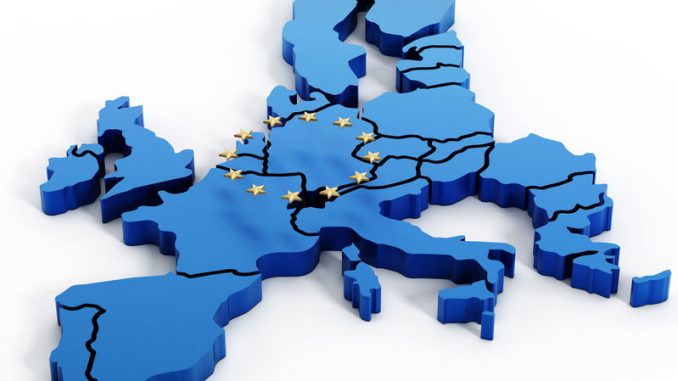
Any business wishing to make a health claim for a function supplement or food, within the European Union (EU) must now submit a dossier (“the health claims dossier”) to the European Food Safety Authority (EFSA). It is a real regulatory challenge as this author has found but does provide opportunities for innovation. Not only are there requirements to be complied with from the EFSA point of view but there are rafts of national rules and some additional ones associated with general EU legislation. This short post outlines the position so far. It behoves anyone wishing to understand the process to follow EFSA trends regularly on their web-site or through various newsletters.
Firstly, the transition period for generic claims made under Article 13.1 that were not sanctioned by the European Commission (EC) ended in December 2012. Secondly, and generally, health claims now need to be authorised for use within the EU claims register. Future health claims now rely on the submission of a dossier which is a body of research evidence substantiating the claim to be made. EU approval is granted following EFSA passing a favourable opinion on the contents of the dossier. Any unfavourable opinions are also notified publicly on the EFSA web-site, which helps to define within a reasonable extent, the further measures needed to make successful claims. Its worth checking the site if dossiers are being prepared for similar products or for those seeking to understand the processes involved in claim substantiation. The level of research including the research papers consulted is ideal for anyone preparing literature reviews.
In 2012, the author noted 222 generic health claims in the “Article 13.1 list” which were allowed on a variety of foods. By July 2013, there were a further six generic health claims added and the list keeps growing. There is also, incidentally, a specific list of health claims for individual products authorised by EFSA dossier applications that fall under Article 13.5 and 14. Its worth trawling through the register of claims made: 1952 dossiers were not successful for example but 248 claims of all types had been passed. Vitamins and minerals are the claims best substantiated representing about 80% of all those agreed and the remainder are for other types of product. There are also a number awaiting consideration or simply parked until further information can be obtained on them.
The EC has been considering what to do about the 2000 or so claims made for a large range of botanicals. Article 13.1 was revised to include a “finalisation pending list” or “on-hold” list because the approach on these materials is different. The botanicals can be used in national markets within the EU until the EC makes its final decision. The proviso is they must comply with the general provisions of the EU Claims Framework Regulation and they are manufactured in line with the authorities of the various Member States where these products are marketed.
The success for making a positive health claim has improved comparing rates for 2013 versus 2012. It’s most likely that businesses are obtaining better quality advice on dossier preparation, becoming more aware of EFSA’s regulations, and generating a better quality of scientific evidence. The review process within EFSA has also developed positively as the association has bedded in its procedures and built up the quality elements associated with the approval process.


Leave a Reply